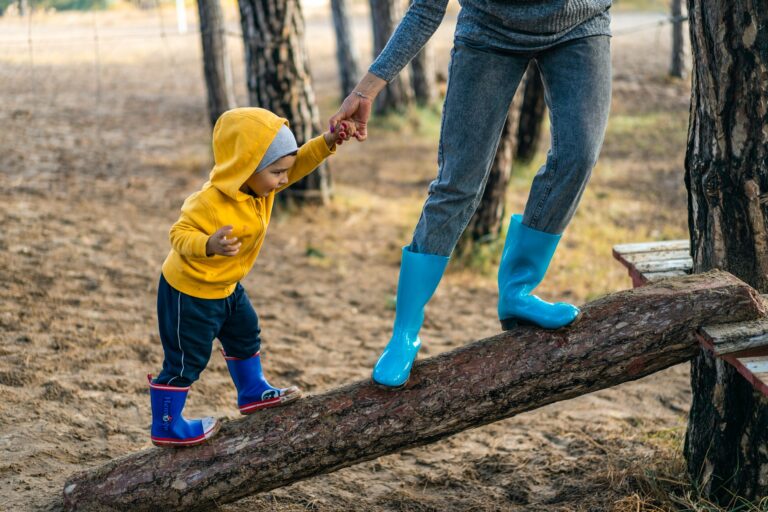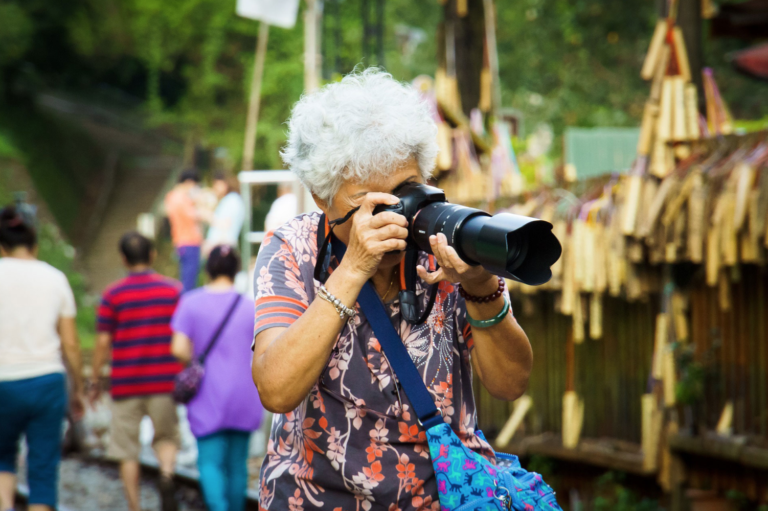The Importance of Knowing Your Family History
For many, digging into family histories may sound like a wholly worthwhile experience, while others may find it too time-consuming and extensive of a process – a common misconception. However, it’s more important than ever for all of us to learn, record and preserve the rich history connected to each of our lineages for our well-being and the well-being of future generations.
Our family histories are more than just birthdates and family tree charts; they’re full of rich information that helps each of us gain a stronger understanding of who we are. The information tied to family history has the ability to empower identities and build self-worth, especially for those who might not currently have access to information tied to their family’s past.
As we collaborate with family, community members and other resources that may help us discover our family history, we not only build connections with people in the present but also from the past and into the future.
Along with empowering identities, family history knowledge can have dramatic effects on your health and others in your family. Have you ever had a blank mind when the doctor asks if certain health conditions run in your family? Taking the time to reach out to family, and learn more about their medical history, is the best way to avoid this and discover what you might be at risk for. Knowing this history can help you make informed choices concerning your health to live a more vibrant life.
There are countless resources online and in-person that you should take advantage of when starting your genealogical journey. The first resources everyone should look to are the ones you might already have, like family trees, scrapbooks and other family history basics. If you don’t have any yourself, connect with distant relatives to gather materials that you believe would be helpful to you.
Websites like FamilySearch.org are perfect for those of us who want to dive even deeper into their identity and background, and it’s free to use. Another way to stay involved online is by joining the family history conversation online. Social media sites like Facebook, Twitter and blogs are perfect for making connections and expanding your resources through a network of family historians.
Whether you already have a great deal of knowledge related to your family history or you’re new to the ancestry trend, having access to genealogy can change your life. Try taking an hour out of the day to poke around and see what you can discover for yourself.


